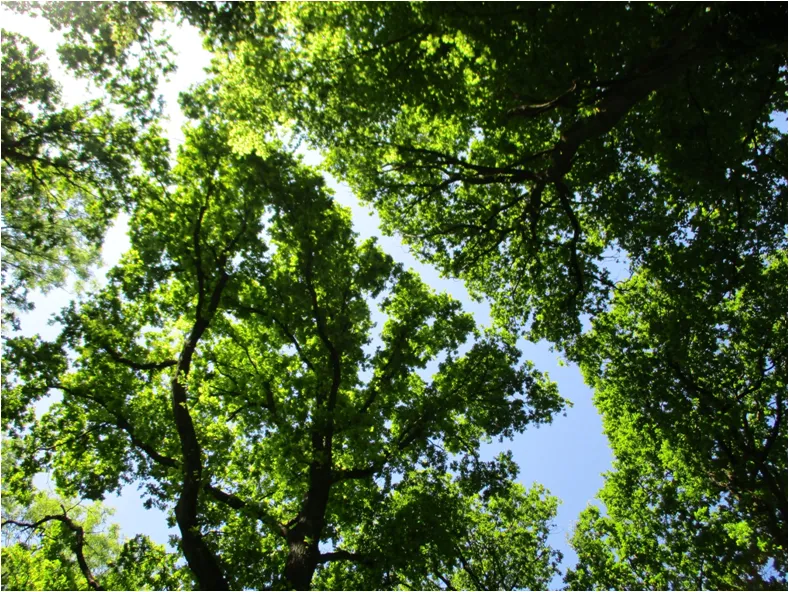Found 8 results
Open Access
Commentary
17 September 2025Shades of Grey: A Continuum of Biodiversity Understanding from Dark to Bright Diversity
This commentary introduces a conceptual framework that reinterprets biodiversity assessment as a continuum, spanning from Dark diversity, representing the unobserved or uncolonized potential of species ecologically suited to a system, to Bright diversity, conceived as an aspirational, fully integrated upper bound of biodiversity knowledge. Bright diversity encompasses not only observed components and their intricate interactions, but also a profound understanding of the reasons for species' presence or absence, including the inferred insights from Dark diversity across taxonomic, functional, phylogenetic, and genetic facets. Situated in between is Grey diversity, which characterizes the predominant state of partial knowledge and inherent uncertainty in real-world ecological assessments as an epistemic gradient. By delineating this epistemological gradient, the framework offers a heuristic tool for ecologists and conservationists to critically evaluate the clarity, completeness, and uncertainty embedded in biodiversity data, and an operational basis for “epistemic cartography”, i.e., the spatial mapping of knowledge sufficiency and uncertainty. It facilitates the identification of knowledge gaps, guides research priorities, and informs conservation actions, especially under conditions of incomplete information, through a compact workflow and transparent indicators. This conceptual spectrum serves as both an epistemological reflection and a practical guide for advancing biodiversity science, while outlining a forward-looking agenda that leverages multi-faceted “bands of biodiversity knowledge” to support robust biodiversity planning.
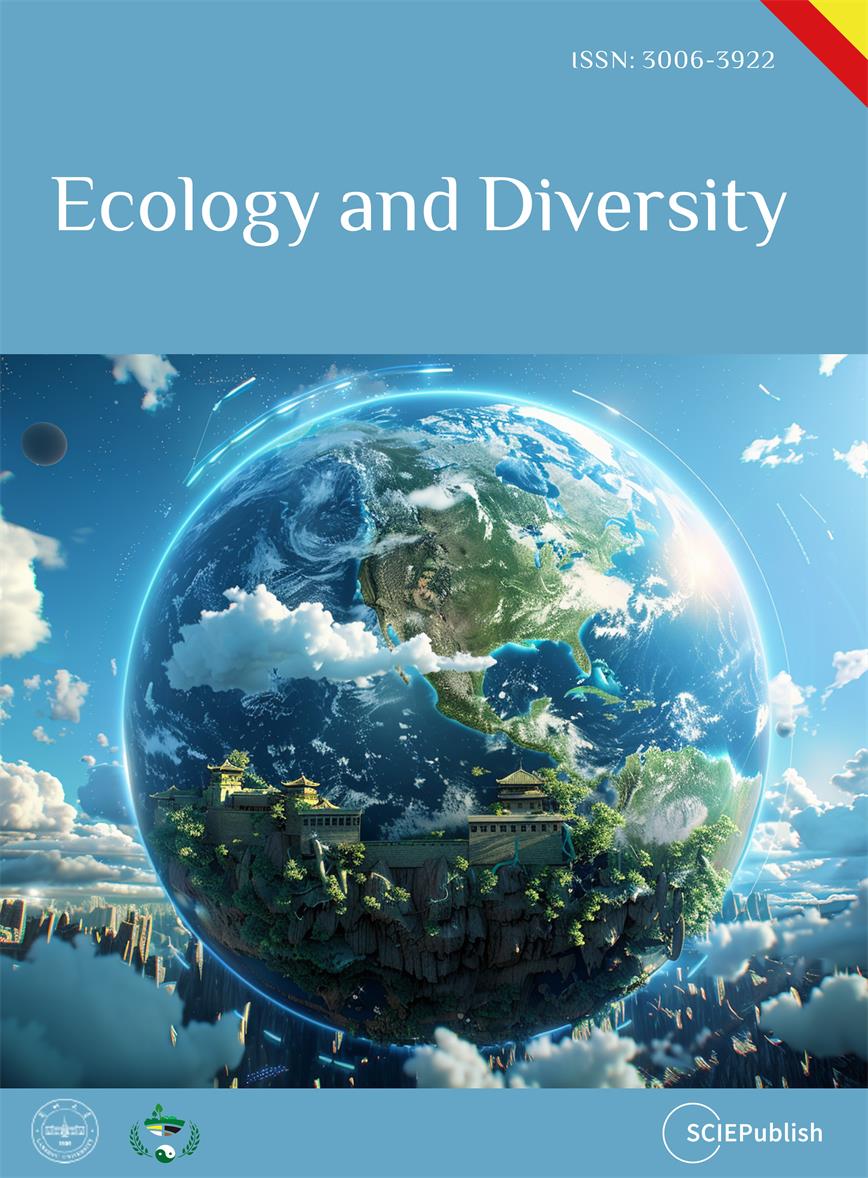
Open Access
Perspective
26 August 2025Expanding Private Capital Investment in Universities to Biodiversity Conservation
Biodiversity is essential for human well-being, and serves as the green engine for education, science, technology and health. China’s prosperous private entrepreneurs have established hundreds of private colleges and universities with several newcomers positioned as world-class research universities. Unfortunately, biodiversity conservation education and researches appear overlooked in these institutions. Universities, particularly the top-tier universities, serve as critical hubs where talent, knowledge, and technology concentrate. Private capital’s flexible management framework and rapid response to emerging academic disciplines enable universities, enterprises, and markets to collaborate effectively in developing tools and equipment for biodiversity assessment and monitoring. Expanding huge private capital investment in universities to biodiversity conservation could spur broader investment in ecological products in the future, while would also offer an opportunity for the universities to achieve their ambitions.

Open Access
Review
13 August 2025Allowing Space for Nature: Rewilding to Heal the Earth
The term “rewilding” often elicits strong emotions, especially as presented in the media. Thus, anger is provoked that farmers will be forced to waste precious cropland, letting it return to the wild, or from fear that dangerous animals will be released into the urban environment. With equal fervour, others, taking an approving view, comprise the growing movement of guerrilla rewilders, secretly breeding butterflies, birds and beavers, and illegally releasing them (e.g., “beaver bombing”) across the countryside. In truth, rewilding is a complex and widely encompassing proposition, which can be considered as a strategy within the natural climate solutions (NCS) [nature based solutions (NBS)] approach, aimed to restore and enhance wetlands, grasslands, forests, agricultural lands, seascapes etc. While exact definitions may vary, a key feature is that (after some initial support) it minimises the level of human intervention/management in a given region, instead encouraging natural processes to take the lead and self-manage, in the restoration, shaping and enhancement of natural ecosystems and of critical ecosystem functions. The resilience of such ecosystems should also be considered, especially in regard to how the impacts of a changing climate may prevail upon them. Rewilding is informed by science, traditional ecological knowledge (TEK), and other local (indigenous) knowledge. It is a long-term process with dynamic changes occurring over time, and rather than focussing on reaching a fixed endpoint, provides a continuous journey of letting nature’s processes unfold. This can lead to increased biodiversity, amelioration of and resistance to climate change, and the provision of ecosystem services, benefitting both nature and people, including economic opportunities for local and indigenous communities, along with improved overall health and well-being. Despite its manifold and clear benefits, rewilding (along with other NCS) is not a pancea for all our troubles, many of which are rooted in the systemic issue of human ecological overshoot, and it is this that must be addressed to begin fixing the current global polycrisis.
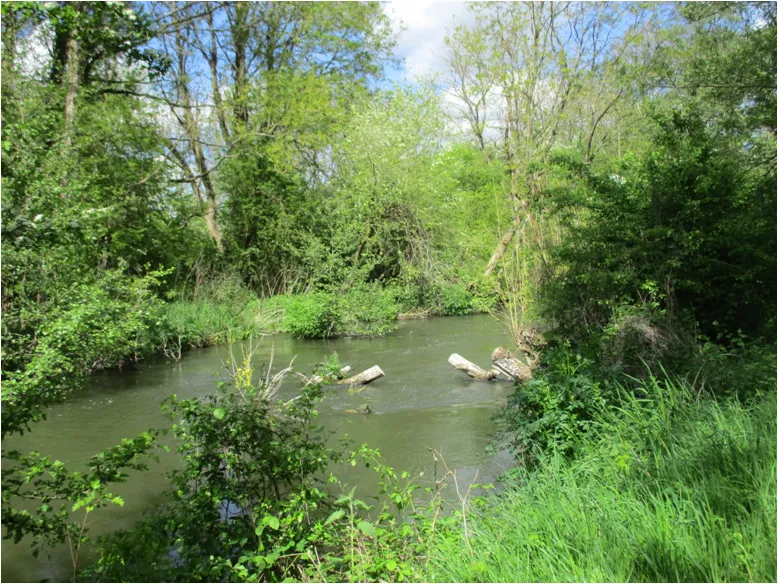
Open Access
Article
18 April 2025Strata Use in a Canopy Beetle Community of a Lowland Neotropical Rainforest in Southern Venezuela
Stratification of tropical rainforests and their arthropods is highly pronounced. I hypothesize that the occurrence of rainforest canopy beetles in the understory is not random but related to the ecology of the taxa, such as feeding guilds and larval development. Therefore, the ecological characteristics of stratum generalists recorded in both the canopy and the lower understory were analyzed. Adult beetles were collected manually and with traps in the northern part of the Amazonian rainforest for a cumulative year. Seventy out of a total of 862 canopy beetle species from 45 families associated with 23 tree species were shared between both strata. The beetle families represented by most species in the canopy and ground samples were Curculionidae, Chrysomelidae, and Carabidae. For Elateridae and Scarabaeidae, the proportion of shared species between the strata was ≥20%. In contrast, the species-rich families (≥20 canopy species) Cerambycidae, Mordellidae, and Buprestidae did not comprise species sampled in both strata. Thus, beetle families comprising many stratum generalists are either largely predatory, or their larvae often develop in the soil.

Open Access
Commentary
20 September 2024Sustainable Design and Integrity Control of Onboard Health Tools for Humans and Their Environmental Urban Biodiversity
Recently, onboard sensing and support devices have been used for the well-being of humans, animals, birds, plants and, more generally, biodiversity. The performance of these tools is closely linked to their electromagnetic environment, mainly artificially created by humans. Therefore, the presence of electromagnetic radiation linked to human activities near such tools constitutes a threat. The intelligent and sustainable manufacturing of these tools, which makes it possible to face such a threat, can be achieved through their design and optimization. This commentary aims to highlight the interaction of artificial electromagnetic radiation with onboard health tools involving living tissues in urban biodiversity (One Health concept) and the intelligent and sustainable construction and protection (Responsible Attitude concept) of these tools. The manuscript presents an overview of onboard devices, possible effects of electromagnetic radiation, durable construction and shielding, and analysis of electromagnetic compatibility integrity control. The main outcome of this contribution regarding sustainably designed onboard devices is that numerical analysis tools of electromagnetic fields could efficiently verify their integrity and the behavior of their necessary smart shields. These different themes are associated with examples of literature.
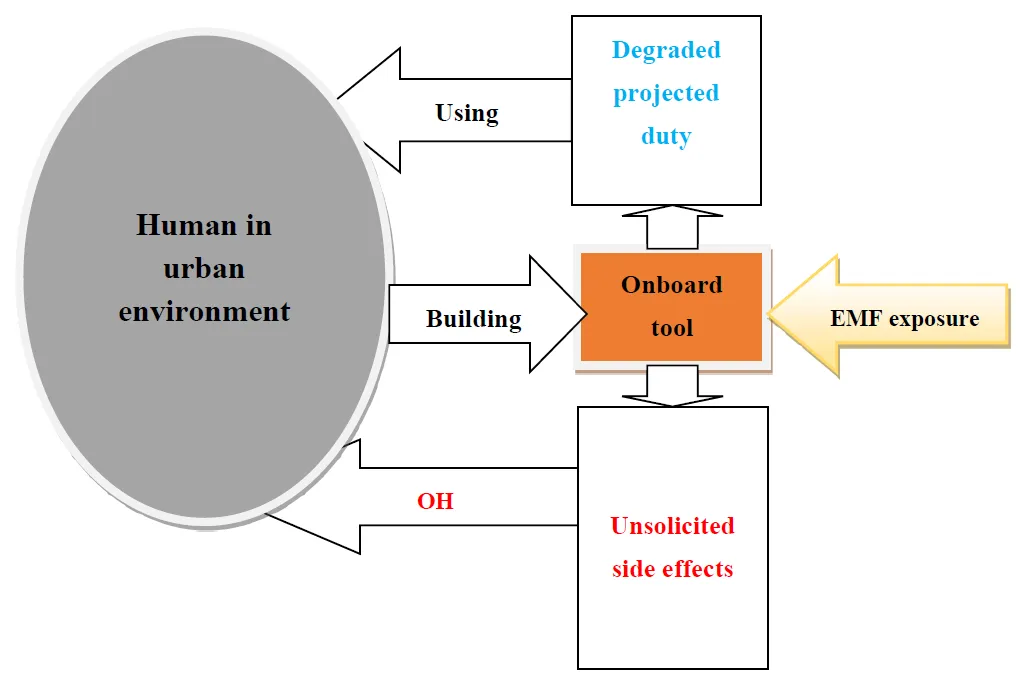
Open Access
Perspective
09 September 2024Social, Ecological and Economic Synergies of Forests for Sustainability Contradict Projects Involving Large-Scale Deforestation for Energy Production
Good projects and solutions aiming at sustainable development must repair the damage done in past decades by being explicitly designed and monitored to achieve synergetic benefits for the environment and society. We identify environmental, social and economic aspects of sustainability in which enlightened forest management can increase the fulfillment of human and ecological needs and hence the quality of life of present and future generations. Projects aiming at energy production and profits at the cost of biodiversity, nature protection, and human health and well-being are therefore questionable and increasingly socially and politically unacceptable—especially where the viability of alternative options with better social and ecological footprints can be easily demonstrated. This is also true for renewable energy projects. The perspective presented here demonstrates how ostensibly renewable energy projects in natural areas, such as large-scale wind and solar power plants in traditional forests, which are planned, for example, in Germany, may be detrimental to ecological and social sustainability. Forests cut down for such projects are “non-renewable” within reasonable time-scales left to stabilize our climate and ecosystems. Such projects also impair the credibility of the proclaimed role model character and sustainability leadership of Global North countries, which can lead to negative implications for the protection of forests in tropical countries.
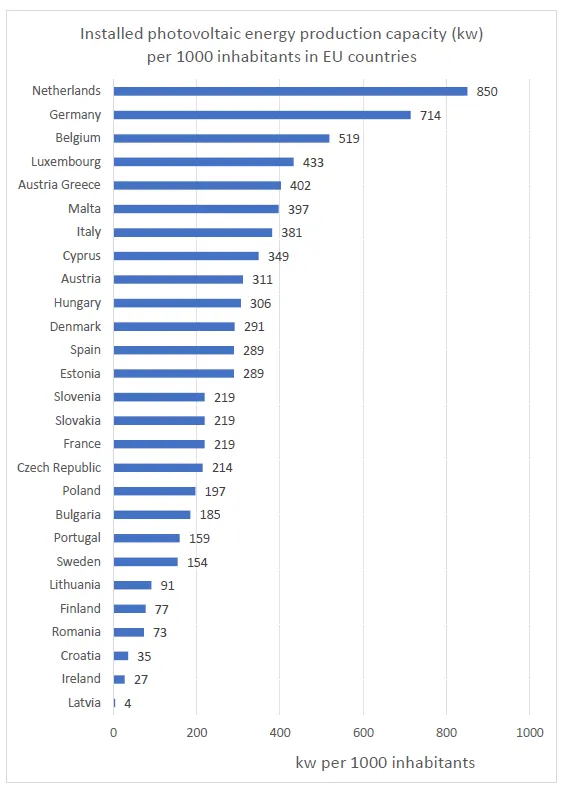
Open Access
Review
02 April 2024Mapping the (in)Effective Enforcement of EU Environmental Law in Greece: Lessons from the EU and Domestic Courts
The effective implementation and enforcement of EU environmental law at national level constitutes a thorny issue with both legal and practical aspects. Greece is among the EU Member States which has historically faced difficulties in complying with the EU environmental acquis due to the poor functioning of the Greek administration, the limited manpower, expertise and resources (especially during the recent period of the economic crisis) for the competent authorities, the lack of political will, the low awareness of environmental problems. In this context, this paper aspires to unpack these enforcement challenges at the national level based on the case law of both the Greek Council of State and the Court of Justice of the European Union. Considering that waste management, nature protection, and water and air quality sectors are recognized as areas with the most significant deficiencies in implementation at the domestic level, the analysis will focus on these four key sectors. To this end, by reviewing the relevant EU and Greek jurisprudence, this paper aspires to identify the disparities between the formal requirements and the practical application of EU environmental regulations in Greece in light of the national political, economic, social, and cultural dynamics.

Open Access
Perspective
04 March 2024Trees—Protectors against a Changing Climate
There are estimated to be about 3 trillion trees on Earth, or about half the number that existed before the dawn of human civilization. Trees are vital to at least four major biogeochemical cycles, namely, the carbon, water, nitrogen and oxygen cycles. In addition to absorbing carbon, and releasing oxygen through photosynthesis, trees are critical for maintaining biodiversity, providing habitat for 80% of land based wildlife, feeding the soil, generating clouds and increasing albedo (thus causing global cooling), influencing rainfall and weather patterns. The loss of trees, therefore, weakens our chances of reaching climate and biodiversity targets, and so proforestation and other practices to stringently preserve the functionality of and holistically restore forest ecosystems, must be adopted as a matter of urgency, paying due attention to soil, and species diversity including mycorrhizae; not being limited to insouciant “tree planting” solutions. Indeed, due to the tardiness of our actions to repair the Earth and its climate, severe restrictions to the cutting of mature trees must actually be enabled globally. However, this alone is not enough, and must be integrated with other forms of land, wetland, grassland and agricultural protection and restoration. Such Nature Based Solutions could provide over one-third of the climate mitigation needed by 2030 to keep within the 2 °C global heating limit. Nonetheless, it is also critical to curb greenhouse gas emissions at source, not only by implementing low-carbon, renewable energy, but also energy demand reduction strategies, such as insulating buildings, societal relocalisation, and local food growing.
